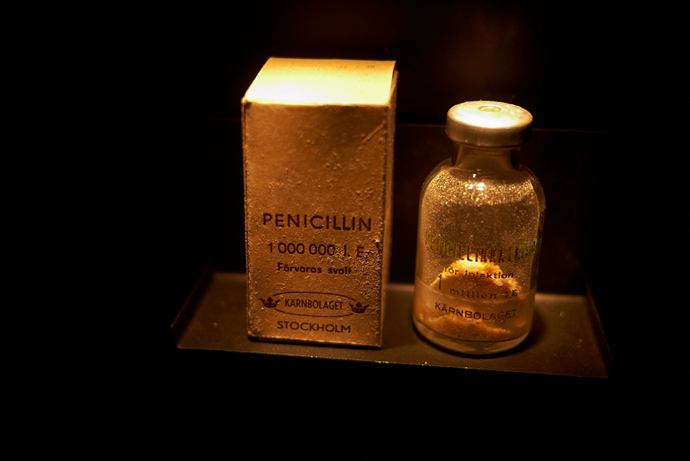Precisely the same thing happens with meningitis. At least 10 percent of young adults, and perhaps 30 percent of teenagers, carry the deadly meningococcal bacterium, but it lives quite harmlessly in the throat. Just occasionally—in about one young person in a hundred thousand—it gets into the bloodstream and makes them very ill indeed. In the worst cases, death can come in twelve hours. That's shockingly quick. "You can have a person who's in perfect health at breakfast and dead by evening," says Marsh.

We would have much more success with bacteria if we weren't so profligate with our best weapon against them: antibiotics. Remarkably, by one estimate some 70 percent of the antibiotics used in the developed world are given to farm animals, often routinely in stock feed, simply to promote growth or as a precaution against infection. Such applications give bacteria every opportunity to evolve a resistance to them. It is an opportunity that they have enthusiastically seized.












